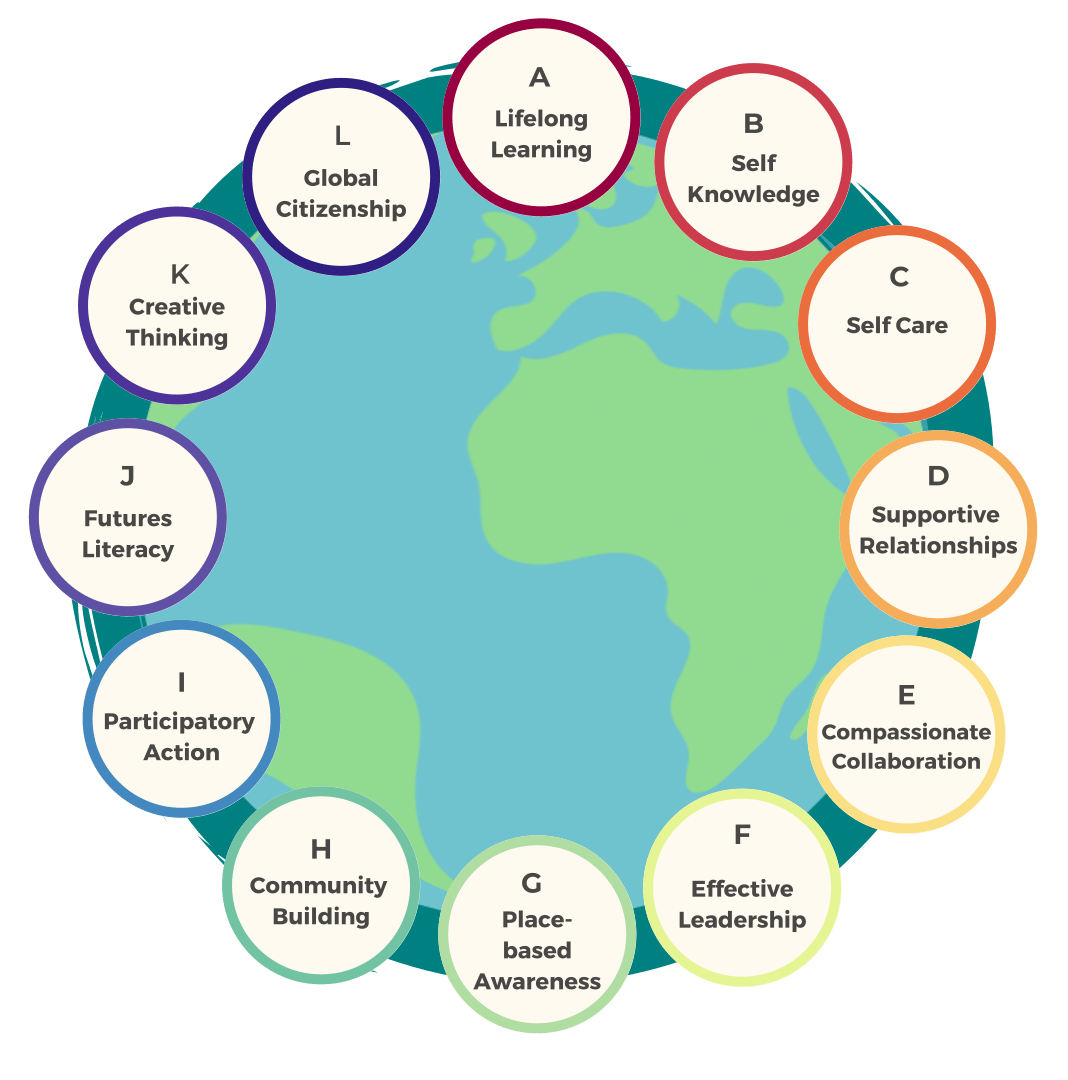Parents and Carers
Life Skills Learning
Curriculum for Life supports learners to develop social and emotional learning, employability skills and the other capabilities needed to shape their future and live a fulfilling life.
Academic Excellence
Research shows that Life Skills Learning is a key factor in determining academic achievement and higher levels of career aspiration.
Healthy Relationships
Curriculum for Life supports young people to develop positive relationships with themselves, those around them and the wider world.
Co-create with us
When parents or carers are involved in their children’s education there are a range of positive effects including greater confidence and wellbeing, enthusiasm for learning and higher attainment.
“The effect of parental engagement over a student’s school career is equivalent to adding two or three years to that student’s education”. (Hattie, 2008)
We invite any carer or parent to co-create the Curriculum for Life with us by contributing ideas and potentially participating in our groups.
Have your say
Below are the major themes that young people and educators in our network think should be part of the Curriculum for Life. Do you agree?
Select the ones that resonate most with you.

Calls for change
“Education is no longer about teaching students something alone; it is more important to be teaching them to develop a reliable compass and the navigational tools to find their own way in a world that is increasingly complex, uncertain and volatile.”
“In 2018 over 130,674 young people voted having a curriculum for life as the most important issue for them. Young people are saying that the education system needs to prepare them for life after school and college!”
“Integrating social and emotional development with academic instruction is foundational to the success of our young people, and therefore to the success of our education system and society at large.”
“It is disturbing to find that around half of young people feel their education has not prepared them for the world of work, at a time of great economic uncertainty and technological change. Teachers, schools and colleges deserve better support.”
“With little idea about the jobs of the future, the key responsibility of the education system is to equip young people with the skills needed to manoeuvre this ever-changing landscape.”
“Our research highlights that current Government policy, such as the narrower curriculum and increased content and exam-focus of GCSEs and A levels, are standing in the way of young people developing the skills necessary for working life.”
“Education needs a major transformation to meet the current challenges facing humanity and the planet. There is an urgent need for greater headway in education.”
“One thing that is clear from the research is that the pace of change will continue to accelerate. Education systems developed 20-30 years ago will actually need to plan for a future 20-30 years away.”
“It is believed that as many as 65 per cent of today’s students will be employed in jobs that don’t yet exist, which means preparing our young people for the future world of work has never been more challenging. While qualifications and knowledge remain important, the students of today need the opportunity to grow into creative and critical citizens, ready to shape the future for themselves.”
“The importance of a broad and balanced education system that equips students with the character, knowledge, and skills needed to adapt to the changing nature of work is critical. This matters most for communities and people from difficult or less advantaged backgrounds and places.”
Latest Blog Posts
Framing a Curriculum for Life: The Origins
In this first blog post, I want to describe our purpose and paint a picture of it in action. Assessing our curriculum development approach during

Youth Vision: Shaping the Future of Education
Imagine ten years from now – how should students be learning? Painting a picture of how education should be in the future is a great

